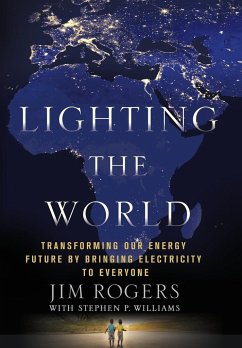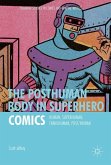< 1.2 billion people on Earth still don't have electricity. Even where cell phones are now common, like sub-Saharan Africa and parts of India, villagers still walk miles to charge them. But new large-scale, sustainable solutions will not only usher in a new era of light, but be an important first step in lifting people from poverty and putting them on a road of sustainable economic development. Also, a unique, transforming opportunity for Western thinkers and practitioners will be created. These areas have largely skipped the analog stage of power development, and have moved straight from the middle ages to the digital age. They are not encumbered by existing infrastructure, dependence on fossil fuels, or too many outdated laws and regulations. An ideal innovation incubator, the developing world might just be the best way to make progress on our own energy issues at home. Jim Rogers is leading a grand collaborative effort to bring sustainable, clean electrical power to everyone who lacks it. This reverse engineering, he contends, could solve the energy crises of America and Europe, while also making the world a cleaner, smarter place. But it won't be easy. In Lighting the World, Rogers details the bold thinking, international cooperation, and political will required to illuminate the future for everyone.








